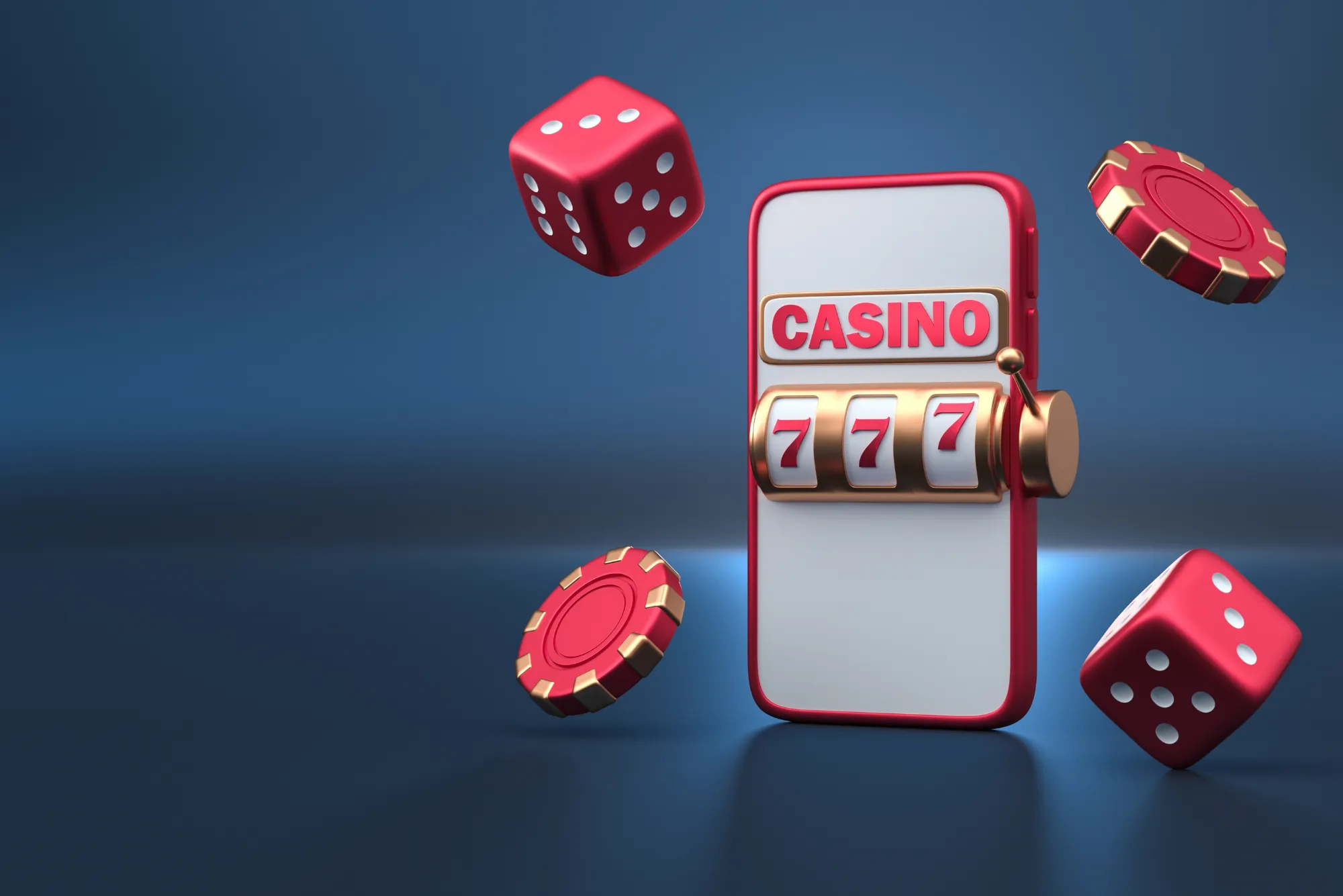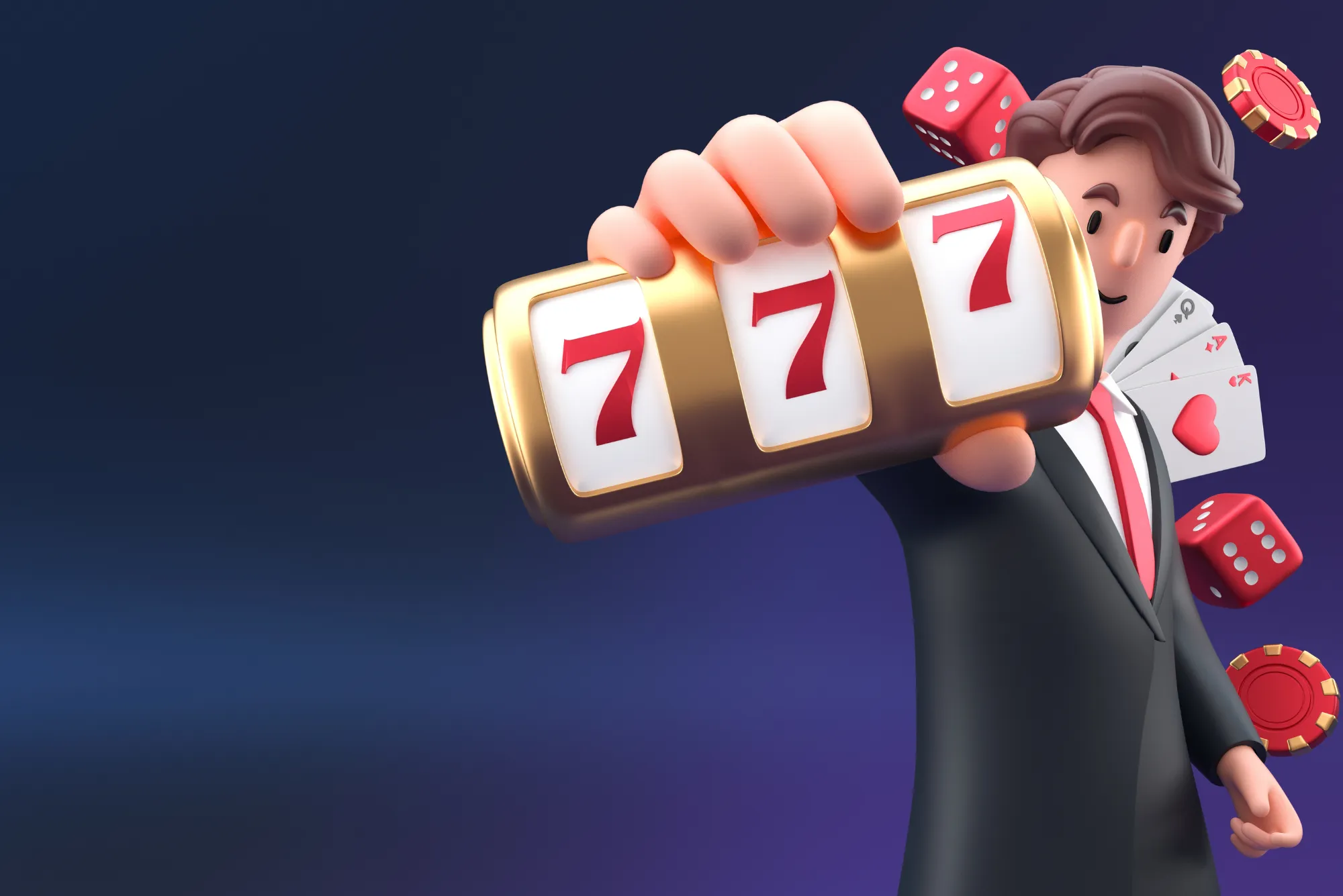For many people, gambling is an enjoyable pastime — a night out at the casino, a few spins on the slots, or a small wager on a sports game. But for others, impulsive betting becomes a real challenge. The thrill of quick wins and the temptation of chasing losses can lead to decisions made in the heat of the moment rather than through careful thought.
As someone who has researched gambling behavior extensively, I’ve noticed that impulsive betting isn’t necessarily about addiction alone. It’s often about discipline, awareness, and learning how to manage emotional triggers. The big question is whether gamblers can truly train themselves to resist those spur-of-the-moment bets that often lead to regret.
Understanding the Psychology of Impulsive Betting
Impulsive bets often stem from emotional reactions rather than logical decisions. Picture a player losing several hands of blackjack and deciding to double down “just this once” to recover losses. Or someone spinning slot reels again and again after a near miss, convinced the next turn will be the big win.
This behavior is linked to psychological concepts like loss aversion, the “gambler’s fallacy,” and the brain’s dopamine response. Essentially, the brain rewards risk-taking with feelings of excitement, even when the odds aren’t in the player’s favor. Recognizing these triggers is the first step toward managing them.
Gamblers who explore online alternatives such as casinos not on gamstop often encounter environments designed for constant stimulation and convenience, which makes understanding and resisting impulsive tendencies even more important. Being conscious of how these platforms are structured — to keep players engaged and spending — helps individuals develop healthier habits when gambling.
Can Self-Awareness Be Trained?
The good news is yes: gamblers can train themselves to recognize when they’re acting on impulse. Much like athletes develop muscle memory, individuals can build habits that counteract risky urges.
It starts with awareness. Keeping a journal of betting behavior, noting what triggered an impulsive wager, can provide valuable insights. Did the bet follow a loss? Was it influenced by peer pressure or alcohol? Over time, these patterns reveal themselves, making it easier to anticipate future impulses.
Mindfulness practices, such as pausing before making a wager and asking “Do I really want this bet, or am I reacting emotionally?” can be surprisingly effective. Some gamblers use countdown techniques, like waiting 60 seconds before placing any new wager, giving the rational brain time to catch up with emotional impulses.
The Role of Setting Limits
Another effective strategy is setting practical limits before play begins. Many casinos and online platforms allow players to set deposit or time limits. These aren’t just protective tools imposed by regulators — they’re training mechanisms for gamblers themselves. By sticking to pre-determined boundaries, individuals practice discipline in a real-world context.
Even without digital tools, players can set personal rules. For example, bringing only a set amount of cash to a casino and leaving debit or credit cards at home ensures they can’t exceed their budget impulsively. Over time, this habit becomes second nature and forms part of a disciplined gambling routine.
Building Healthy Gambling Routines
Training isn’t just about avoiding bad decisions — it’s also about reinforcing good ones. Gamblers can integrate routines that support healthier play. This might include taking scheduled breaks, gambling only during certain hours, or pairing gambling with other activities so it doesn’t dominate leisure time.
Rewarding oneself for sticking to limits can also help. If a player walks away after reaching their planned stop point, treating that as a victory reinforces positive behavior. The key is to shift the mental reward system away from “I won money” to “I controlled my actions.”
Practical Examples from Real Players
From conversations and forums I’ve followed, real gamblers often share techniques that work for them. One poker enthusiast explained how they set strict rules: never play more than three sessions a week and always leave the table once they’ve lost two buy-ins. Another slots player found success by scheduling alarms on their phone, reminding them every hour to step back and reassess their play.
These aren’t perfect solutions, but they demonstrate how conscious strategies can curb impulsive urges. The more a gambler practices these methods, the stronger their resistance becomes.
The Connection Between Gambling and Broader Self-Discipline
Interestingly, gamblers who successfully train themselves to avoid impulsive bets often see benefits beyond the casino floor. They report being more disciplined with money management, decision-making, and even lifestyle habits.
This connection suggests that gambling can be a training ground for broader self-control. Just as someone who practices mindfulness at the roulette table may find it easier to resist impulse purchases in daily life, the skills learned in gambling contexts can transfer into wider areas of self-management.
When Training Alone Isn’t Enough
Of course, not everyone can manage impulsive betting through self-training alone. For some, impulsivity may be tied to deeper issues like problem gambling or compulsive behavior. In these cases, external support — whether through counseling, peer groups, or responsible gambling programs — becomes essential.
The important thing to remember is that seeking help doesn’t negate self-training. Instead, it provides additional tools and guidance to support a healthier relationship with gambling.
Conclusion
So, can gamblers train themselves to avoid impulsive bets? Absolutely — with awareness, structured limits, and consistent practice, it’s possible to build habits that resist spur-of-the-moment wagers. The process is not about eliminating the fun of gambling but about ensuring that enjoyment doesn’t spiral into harmful decisions.
Like any discipline, it requires effort, patience, and a willingness to learn from mistakes. By focusing on self-awareness, building routines, and seeking support when needed, gamblers can turn impulsive moments into opportunities for growth, not regret.







